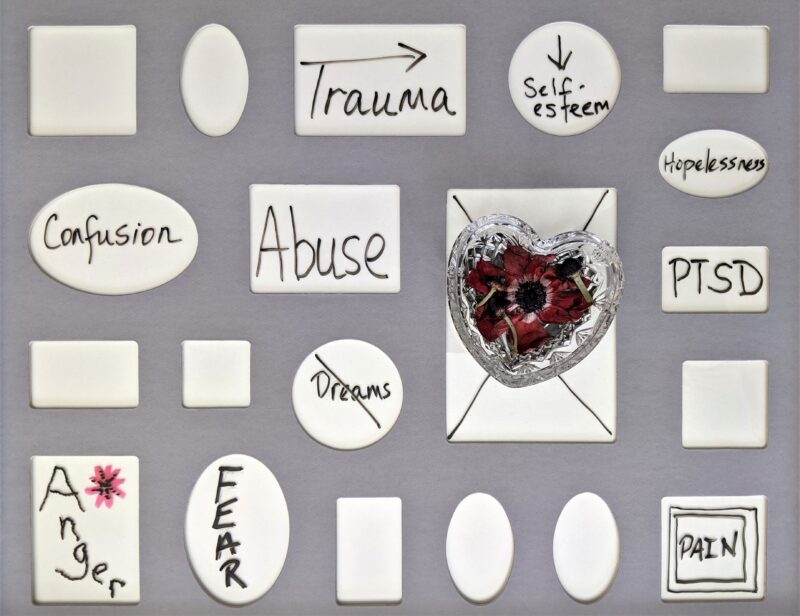
Trauma can result from any stressful event involving a threat to your safety, and it can trigger an emotional, psychological, or physical response that can profoundly impact your mental health. Unfortunately, many people don’t take the time to properly process and deal with their trauma, leading to long-term mental health issues.
When left unaddressed, trauma can lead to various mental health issues, like anxiety, depression, and post-traumatic stress disorder (PTSD). People who don’t deal with their trauma may also experience difficulty forming and maintaining relationships, concentrating, and regulating emotions.
Not dealing with trauma can also lead to substance abuse, self-harm, and suicidal thoughts. People may also become isolated and withdrawn as they struggle to cope with the pain and distress of their trauma.
Remembering that trauma cannot be “fixed” overnight is essential. Properly processing and healing from trauma takes time, effort, and support, and seeking professional help is often the best way to start the healing process.
Therapy can help people to understand their trauma and to develop coping strategies to manage their emotions and behaviors. It can also help people to build a support system of family and friends who can provide emotional and practical support.
Facing trauma head-on can be difficult, but it is an essential step in healing. Here’s why:
You’ll gain insight: Facing your trauma can help you understand why the event occurred and how it has impacted your life, and this can help you make sense of your experience.
It can help you understand your emotions: Facing your trauma can help you better recognize your emotions and why you feel them as you reflect on your experiences, behaviors, and reactions.
It can help you to process your trauma. Facing your trauma can help you to deal with it in a healthy way rather than avoiding it or suppressing it. This can help you to get through the recovery process with greater clarity and self-care.
It will allow you to heal and move on. Facing your trauma can be difficult, but it can also be a necessary step in the healing process. It is the first step towards recovery and moving on with your life to find peace, joy, and happiness.
You’ll gain control. By facing your trauma, you can gain control over your emotions and reactions to the event, and this can help you feel more empowered.
It can help you to find support. Facing your trauma can help you find support from friends, family, and professionals, which can be invaluable in your healing journey.
You will build resilience. Facing your trauma can help you build stability and strength, and this can help you cope with difficult situations you may encounter throughout life.
It will help prevent future trauma. Facing your trauma can help you recognize and avoid situations that could lead to future trauma, which can help you stay safe and healthy.
Remember that trauma is not something to be ashamed of. It’s a normal response to an abnormal event, and it’s important to seek help when needed. Facing your trauma can be difficult and daunting but it can also be an important step in the healing process.
Your journey toward recovery and sobriety begins at Beachside Rehab in West Palm Beach, Florida. We offer comprehensive, holistic inpatient and outpatient detox and drug and alcohol rehab. Please call 866-349-1770 to speak with one of our trained admissions counselors.
Photo by Susan Wilkinson on Unsplash
